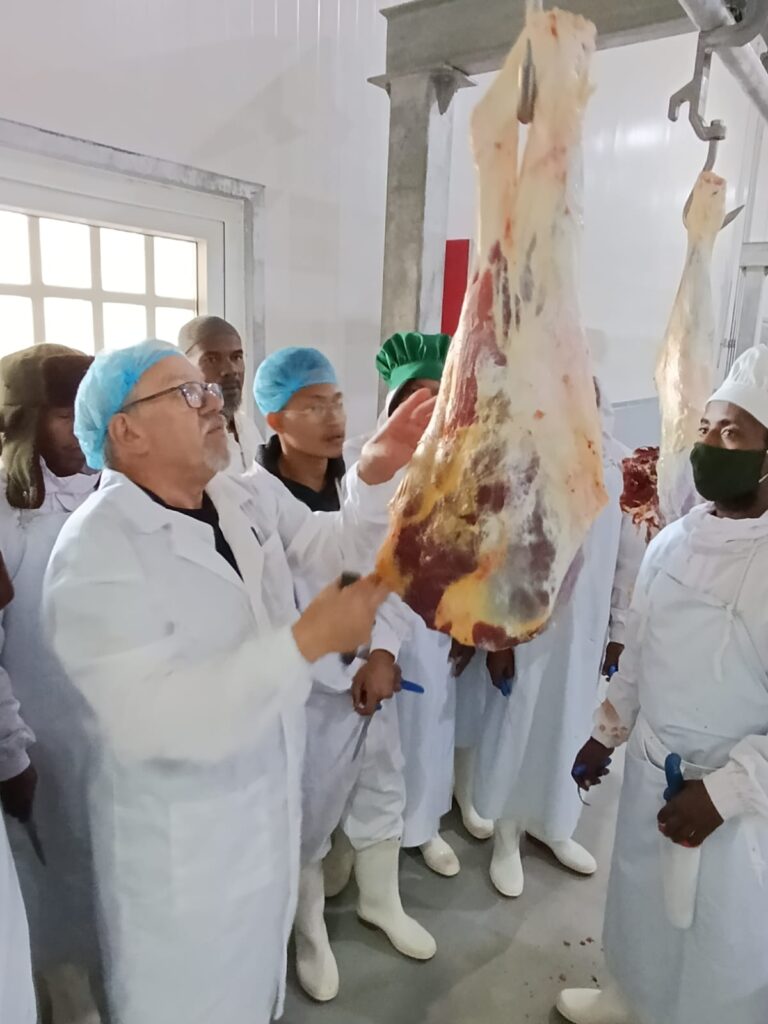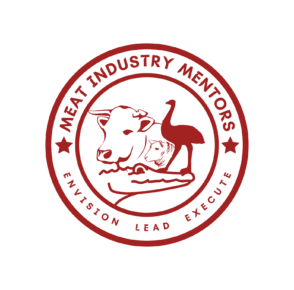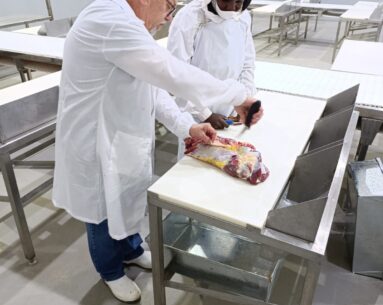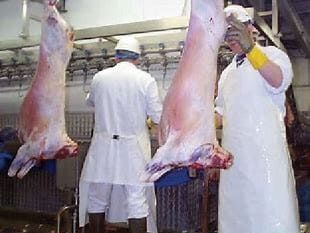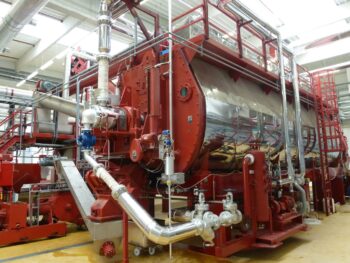In the world of meat processing, the abattoir stands as the critical junction between farm and table. It is here that the expertise of skilled butchers transforms livestock into the various cuts of meat that consumers enjoy. The training of abattoir staff is not just about imparting skills; it’s about instilling a culture of excellence, safety, and respect for both the product and the consumer.
The Foundation of Knowledge
Training begins with a comprehensive understanding of the different types of meat products and their respective market demands. Staff must be well-versed in the characteristics of beef, pork, lamb, and poultry, among others. This knowledge base extends to understanding the nuances of meat grading, inspection, and classification, ensuring that only the highest quality products make it to the shelf.
Skill Development
Practical skill development is at the heart of abattoir staff training. This includes mastering the use of various tools and equipment, from knives and saws to more advanced machinery. Staff learn the art of precise cutting techniques, ensuring that each cut of meat is done with efficiency and care to maximize yield and maintain quality.
Safety and Hygiene
A paramount aspect of training is safety and hygiene. Abattoir workers are taught the importance of maintaining a clean and sanitary work environment. Courses on hygiene awareness, such as those offered by the Red Meat Abattoir Association (RMAA), cover critical topics like cleaning, sanitation, and equipment handling1. This is not just about compliance with health regulations; it’s about protecting the integrity of the meat and the health of the consumer.
Adherence to Standards
Training also emphasizes the importance of adhering to industry standards and regulations. This includes understanding and implementing Hazard Analysis and Critical Control Points (HACCP) and Good Manufacturing Practices (GMP). These frameworks are essential for ensuring that meat products are processed in a way that minimizes risks and maintains the highest standards of food safety1.
Continuous Learning
The meat processing industry is ever evolving, with innovative technologies and methods constantly emerging. As such, ongoing training is crucial. Abattoir staff must stay abreast of the latest developments in meat science and processing techniques to ensure that they remain competitive and continue to deliver products of the highest caliber.
The Human Element
Finally, training in the abattoir industry is not just about technical skills; it’s also about understanding the human element. Workers are trained to handle animals with care and respect, recognizing that ethical treatment is not only a moral imperative but also contributes to the quality of the final product.
Conclusion
The processing and training of abattoir staff are the linchpins of the meat industry. Through a combination of theoretical knowledge and practical skill-building, workers are equipped to meet the high standards expected by consumers and regulators alike. It is this commitment to excellence that ensures the ongoing success and sustainability of the meat processing industry.
Abattoir staff face a range of challenges that can impact both their physical and mental well-being. Here are some common challenges they encounter:
- Environmental Impact and Waste Management Abattoirs generate a significant amount of waste, including organic matter and effluents, which can have a high chemical oxygen demand. Managing this waste is a challenge, especially in meeting regulatory requirements for permissible discharge limits. Innovative treatment systems, such as biofilm reactors, are being developed to address these issues and improve the efficiency of water treatment technologies1.
- Occupational Health and Safety The physical demands of working in an abattoir, along with the use of sharp tools and heavy machinery, pose risks of injury. Ensuring safety protocols, proper training, and the use of protective gear are essential to minimize these risks.
- Psychological Stress Abattoir work is associated with psychological stress due to the nature of the job, which involves the slaughtering of animals. Workers may experience mental health disorders, including PTSD and perpetration-induced traumatic stress (PITS), which can lead to anxiety, depression, and other emotional issues2.
- Ethical Concerns The ethical implications of slaughtering animals can weigh heavily on workers, especially if they develop attachments to the livestock. Balancing the job’s requirements with personal beliefs and values can be challenging.
- Staff Shortages The industry often faces staff shortages due to the physically and emotionally demanding nature of the work. This can lead to increased pressure on existing staff to maintain productivity levels.
- Keeping Up with Regulations Abattoirs must comply with a myriad of regulations related to animal welfare, food safety, and environmental standards. Keeping up with these regulations and ensuring compliance is a constant challenge.
- Skill Development Continuous skill development is necessary to keep up with advances in meat processing technologies and techniques. Staff need ongoing training to maintain high standards of quality and efficiency.
These challenges require comprehensive strategies and support systems to ensure that abattoir staff can perform their duties effectively while maintaining their physical and mental health.
